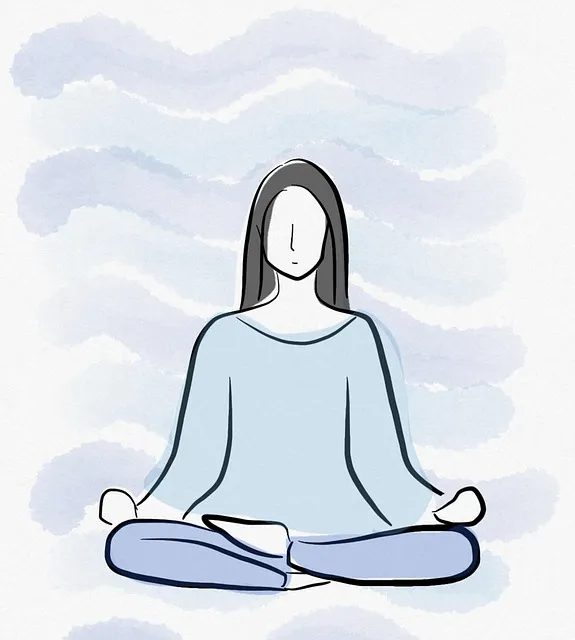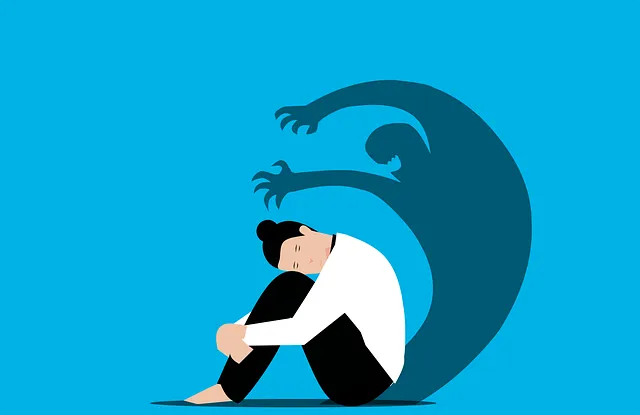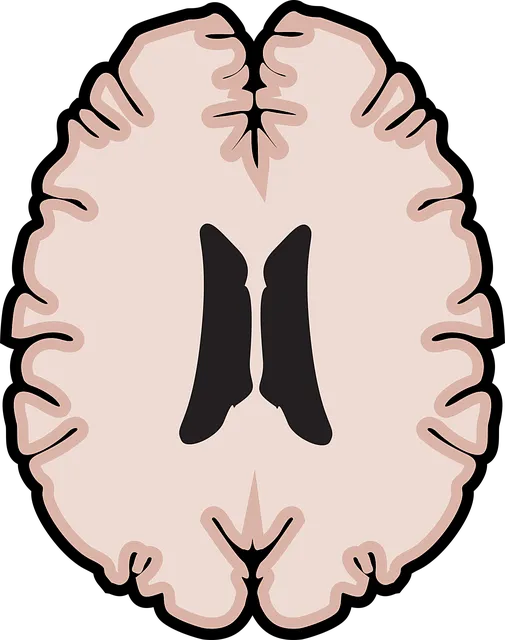Mental wellness, a holistic concept, involves emotional, psychological, and social well-being beyond just absence of illness. Kaiser, a leading healthcare provider, emphasizes self-care as a proactive approach to mental health management. Crafting a personalized routine requires understanding unique needs, reflecting on practices like mindfulness, exercise, or journaling. Integrating evidence-based techniques bolsters resilience against stress and anxiety. Consistently incorporating activities such as meditation and nature walks into daily schedules, combined with resources from organizations like Kaiser, enhances mental fortitude. Regular reflection through journaling allows for tracking moods and adjusting routines as needs evolve, fostering superior mental health outcomes.
Mental wellness is paramount in today’s fast-paced world, and cultivating a tailored self-care routine can be transformative. This article guides you through developing a superior mental wellness routine that mirrors your unique needs. We explore essential components like understanding mental health, identifying personal care gaps, integrating evidence-based practices, designing daily rituals, tracking progress, and adapting as needed. Inspired by Kaiser’s holistic approach to good mental health, discover how to create a personalized practice for enhanced well-being.
- Understanding Mental Wellness and Self-Care
- Identifying Personal Needs for a Superior Routine
- Integrating Evidence-Based Practices
- Designing Your Daily Practice
- Tracking Progress and Adapting Your Routine
Understanding Mental Wellness and Self-Care

Mental wellness is a crucial aspect of overall health and well-being. It encompasses our emotional, psychological, and social state, influencing how we think, feel, and act in various situations. Understanding mental wellness involves recognizing that it’s not merely the absence of mental illness but also about fostering resilience and maintaining a positive mindset.
Self-care plays a pivotal role in achieving and sustaining good mental health. It involves adopting intentional practices to nurture your mind and soul. Kaiser, known for its superior healthcare services, emphasizes self-care as a proactive approach to managing mental wellness. By integrating Self-Care Practices into daily routines, individuals can significantly improve their Mental Illness Stigma Reduction Efforts. Development of a personalized Self-Care Routine for Better Mental Health should include activities that promote relaxation, stress management, and emotional balance, ensuring a holistic and fulfilling life.
Identifying Personal Needs for a Superior Routine

Identifying your unique personal needs is a crucial step in developing a superior mental wellness self-care routine. What works for one person might not be suitable or as effective for another, so it’s essential to take time and reflect on what specifically nurtures and supports your mental health. This could involve exploring various practices such as mindfulness, exercise, journaling, or creative pursuits. Understanding your triggers, stressors, and the activities that restore your emotional balance is key. A superior routine should be tailored to enhance your overall well-being, boost confidence, and promote a positive mindset.
In today’s fast-paced world, where public awareness campaigns play a vital role in promoting emotional well-being, taking proactive steps for self-care can significantly impact your mental health. By recognizing your personal needs and incorporating them into your daily or weekly schedule, you are essentially investing in yourself and ensuring that you show up as the best version of yourself, both mentally and emotionally.
Integrating Evidence-Based Practices

Integrating evidence-based practices is a cornerstone for cultivating a robust mental wellness self-care routine. Organizations like Kaiser have recognized the profound impact of such approaches on overall well-being. Beyond traditional therapy, engaging in mindfulness techniques, such as meditation and deep breathing exercises, has proven effective in managing stress and anxiety. These strategies not only enhance emotional regulation but also foster resilience, enabling individuals to navigate life’s challenges with greater ease.
Effective communication is another crucial element. Mental wellness benefits from open dialogue, whether with a trusted friend, therapist, or support group. Sharing experiences and emotions can provide valuable perspectives and reinforce feelings of belonging. Building resilience further solidifies one’s mental fortitude by cultivating problem-solving skills and a positive mindset. Through these evidence-based practices, individuals can take control of their mental health, ensuring they thrive rather than merely survive.
Designing Your Daily Practice

Designing your daily mental wellness self-care routine is a powerful way to take control of your mental health. It’s about creating habits that support and nurture your well-being, tailored to your unique needs. Start by identifying what works best for you; this could involve activities like meditation, journaling, exercise, or spending time in nature. Incorporate these practices into your existing schedule, ensuring they become as integral as brushing your teeth. Consistency is key; aim for a routine that can be sustained over the long term.
Consider incorporating techniques from superior mental health resources like Kaiser to enhance your practice. Their expertise in mood management and cultural sensitivity in mental healthcare can offer valuable insights. Additionally, focusing on mental illness stigma reduction efforts through open dialogue and self-care practices can create a more supportive environment for your overall wellness journey.
Tracking Progress and Adapting Your Routine

Tracking your progress and adapting your self-care routine is a vital part of prioritizing your mental wellness journey. It’s essential to regularly reflect on how you’re feeling and what strategies are working best for you. Consider using a journal or a dedicated app to record your daily activities, moods, and any insights you gain about your mental health. By monitoring your progress, you can identify patterns and make informed decisions about adjustments needed in your self-care routine.
For instance, if you’ve been practicing mindfulness meditation but find it challenging to dedicate time each day, note this observation. You might then adapt by incorporating shorter, more flexible meditation sessions into your schedule or exploring alternative relaxation techniques that better fit your lifestyle. Remember, mental wellness is a dynamic process, and what works one month may not be suitable the next. Therefore, continuously evaluating and tailoring your routine ensures it remains effective and aligned with your evolving needs, ultimately promoting superior mental health outcomes, even in the face of challenges like burnout or stigma reduction efforts.
Developing a personalized mental wellness self-care routine, inspired by evidence-based practices recommended by organizations like Kaiser, can significantly enhance your overall well-being. By identifying your unique needs and integrating them into a daily practice, you can effectively manage stress, improve mood, and cultivate resilience. Remember, tracking progress and making adjustments to your routine are key to sustaining its effectiveness. Embrace this journey towards a superior mental health management system tailored just for you.






